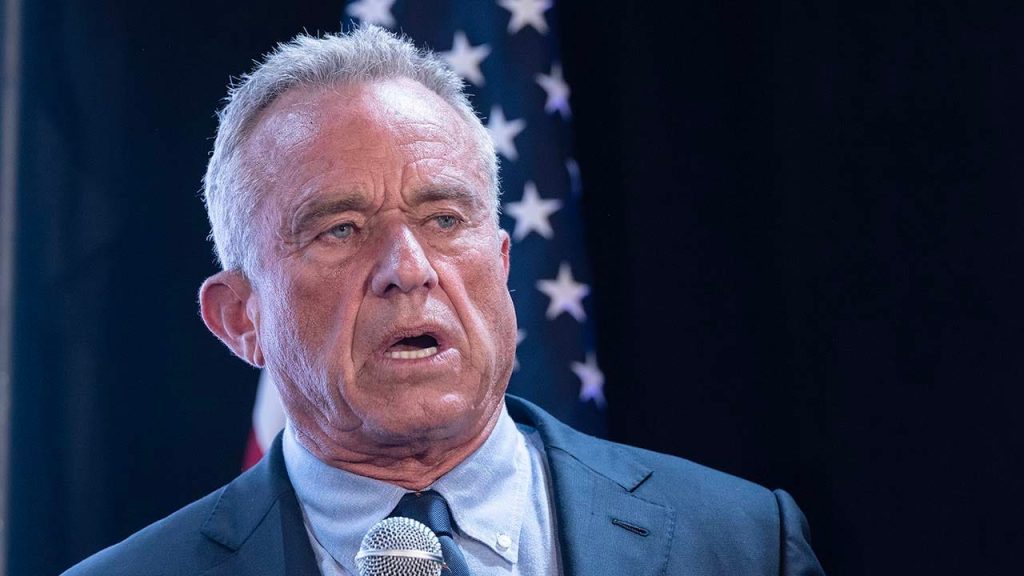Throughout his career, Robert F. Kennedy Jr. has made controversial statements, such as claiming you’re more likely to be murdered in red states, and waging an anti-vaccine crusade that has upset people on both sides of the political spectrum. Despite this, with his famous last name, he is polling at about 8 to 10%, positioning him as a potential spoiler in the upcoming elections. However, recent revelations have shown that Kennedy has been hiding serious medical conditions, including a brain abnormality caused by a worm and atrial fibrillation. The cavalier approach to disclosing these ailments raises concerns about transparency and his fitness for office.
The New York Times reported that in a 2012 deposition, a doctor at New York-Presbyterian Hospital informed RFK Jr. about a dark spot on his brain scans, memory loss, and a possible dead parasite in his head. Kennedy recalled being told that a worm had entered his brain, ate a portion of it, and then died. This shocking revelation, along with his history of atrial fibrillation and mercury poisoning, raises questions about his suitability to serve as a presidential candidate. Despite claims of recovering from memory loss without treatment, the lack of disclosure of these health issues is concerning.
Kennedy’s campaign has refused to release his medical records, prompting comparisons to the secrecy around the health of Joe Biden and Donald Trump. While Kennedy has projected a vigorous image through activities like skiing and weightlifting, there are doubts about whether this masks his underlying medical conditions. Some past presidents have hidden serious health problems, but public expectations for transparency have increased, making it necessary for candidates to be forthcoming about their health status. The revelation of Kennedy’s cognitive issues during his divorce proceedings highlights the potential impact of health problems on his ability to serve.
Nicole Shanahan, Kennedy’s running mate and a tech entrepreneur, has not granted any interviews since joining the campaign, raising concerns about transparency within the team. The refusal to disclose medical issues and the lack of communication from Shanahan contribute to a pattern of secrecy surrounding the Kennedy campaign. As Kennedy continues his bid for the presidency, the questions surrounding his health and the handling of such information become more significant, as they directly impact his ability to fulfill the duties of the office. Ultimately, voters will need to decide whether such subterfuge is acceptable from a major candidate, especially one vying for the highest office in the land.


